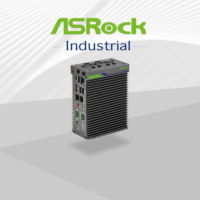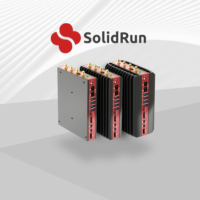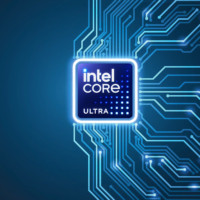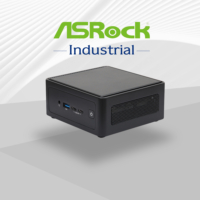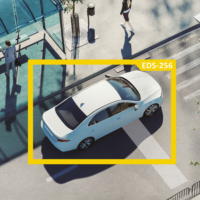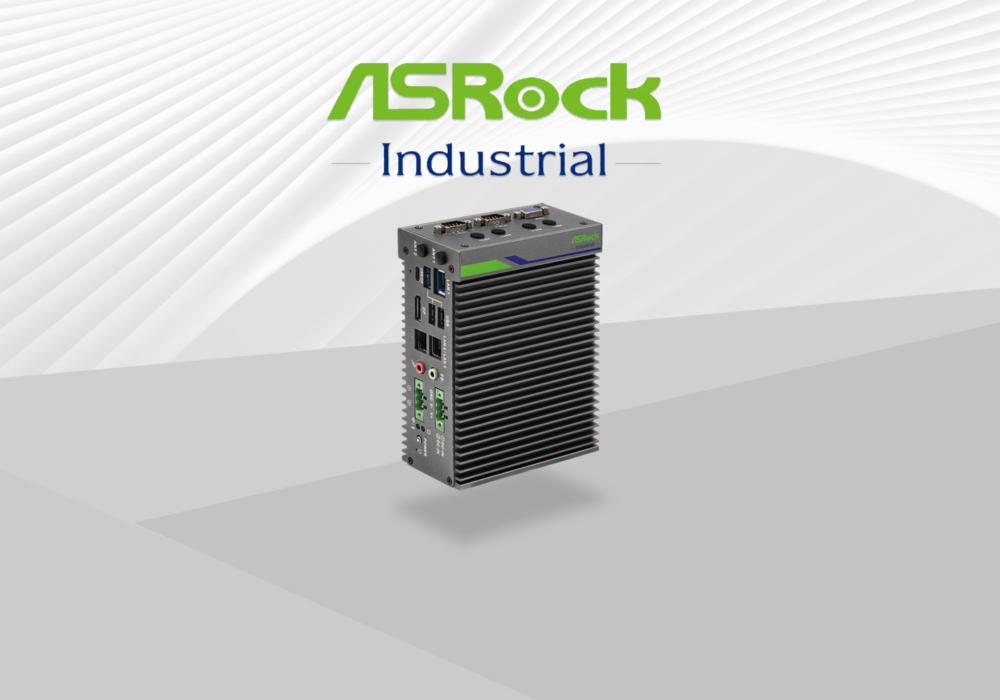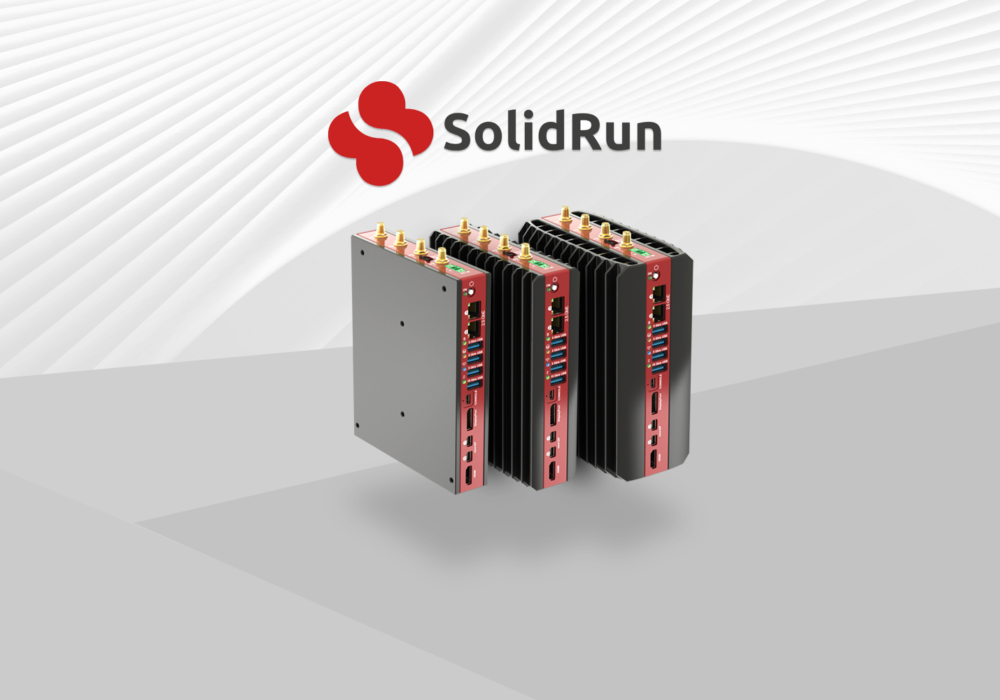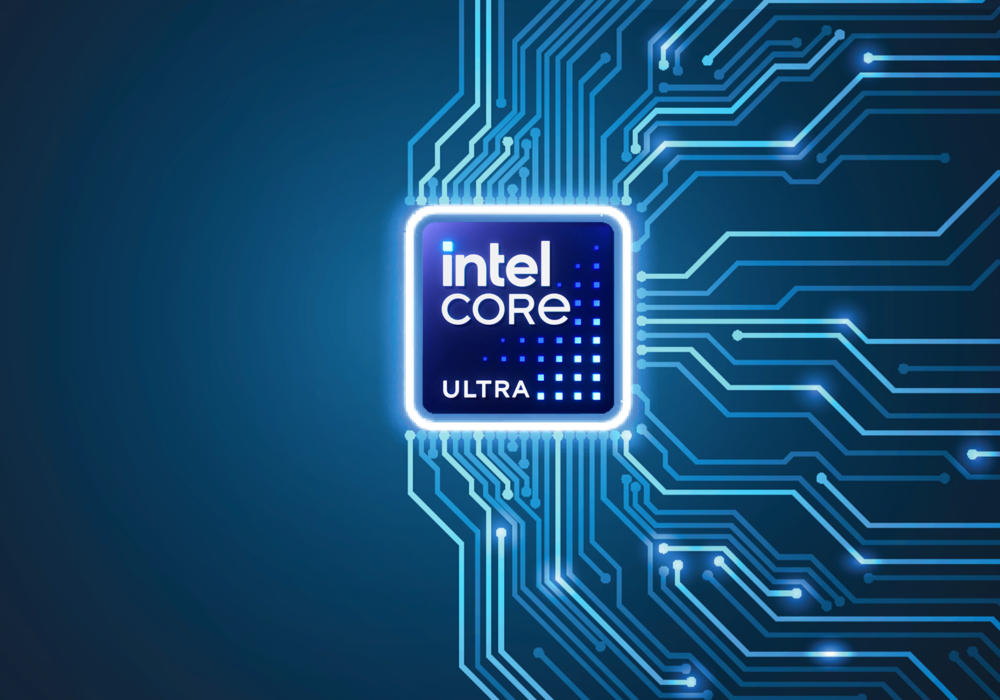Assured Systems is often explaining to customers the difference in solid state drives available for the multitude of solutions we cater to. Here's a quick explanation of the difference between SLC and MLC technology, and why if you are writing to disk frequently, the SLC could be your go-to option.
How SLC and MLC work
In the Single Level Cell (SLC) method, a memory cell stores 1 bit, 0 or 1. On the other hand, cells in Multi-Level Cell record 4 states in 2 bits (i.e. 00, 01, 10 and 11), which means it takes longer to differentiate each state and is less stable compared to SLC due to issues including information interference. But MLC does have an advantage in that it can double memory space.

Advantage of SLC
In the case of SLC, which stores only two types of information (0 and 1), there is a much larger margin in which 0 and 1 are separated. That is why SLC is more reliable compared to MLC. What’s more, SLC needs only to distinguish a single bit between 0 and 1 and takes less time to read and write. On the contrary, MLC must distinguish between 4 states, which leads to a longer process time, a less generous margin and a shorter lifespan.
Features of SLC
- Faster than MLC
- More reliable
- Less risk of losing data when power abruptly goes out
- Longer life (Lasts more than 100,000 program erase cycles apposed to 1,000/3,000 for MLC)
Features of MLC
- Able to achieve higher capacities
- Geometry is constantly reduced meaning sales life cycle is short but is on the forefront of technology releases.
- Price is approximately 1/6 of SLC
- Extended temperatures options can be difficult to source and are only offered from a few select manufacturers.
To sum this up it is all down to the amount of Program Erase Cycles (P/E) you can write to each type of flash which intern equals more endurance.
- Consumer TLC = 500 P/E or below
- Consumer MLC = 1000 P/E or below
- Industrial MLC = 3k P/E
- Industrial SLC = 100k P/E
What is a Program Erase (P/E) Cycle you ask?
A solid-state-storage program-erase cycle is a sequence of events in which data is written to solid-state NAND flash memory cell (such as the type found in a so-called flash or thumb drive), then erased, and then rewritten. Program-erase (PE) cycles can serve as a criterion for quantifying the endurance of a flash storage device.
Flash memory devices are capable of a limited number of PE cycles because each cycle causes a small amount of physical damage to the medium. This damage accumulates over time, eventually rendering the device unusable. The number of PE cycles that a given device can sustain before problems become prohibitive varies with the type of technology.
Why use Industrial SLC/MLC Flash Summary :
- Fixed bill of materials: Once you can confirm approval with an industrial part in your application we will lock down the components used by using a custom part code.
- Part Notifications: All Industrial parts come with a 3/6 month PCN should a single component change on-board a product, this will allow you to test and approve another product saving you being caught out with an incompatible product
- Obsolescence Management: Longer notification should a part become obsolete
About Assured Systems
Assured Systems is a leading technology company offering high quality and innovative applied computing solutions to the embedded, industrial, and digital-out-of-home markets around the world via offices in Europe and the Americas.
Our impressive product portfolio includes a full range of Panel PCs, Human Machine Interfaces, Single Board Computers, Fanless Computers, Rugged Laptops & Tablets, Digital Signage solutions, LCD Displays & Touchscreens, Rackmount Servers, and Digital & Analogue Data Acquisition solutions. Our technology can be found in a diverse range of applications throughout our key verticals including energy, transportation, automation, process control, defence, medical, asset tracking, narrowcasting, gaming and multimedia.
